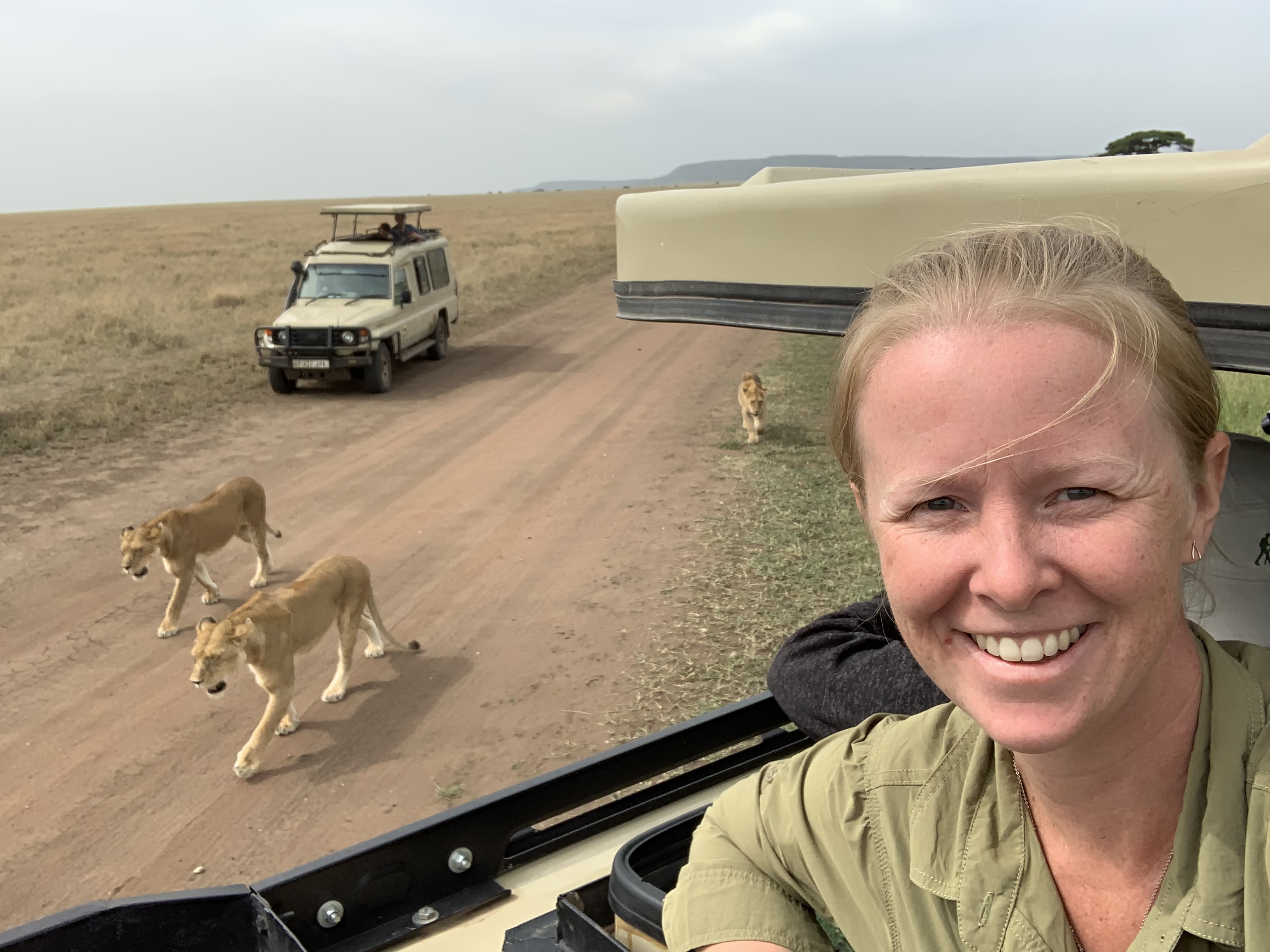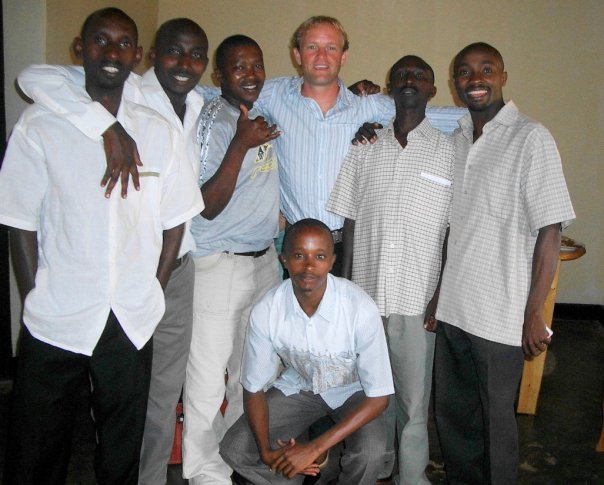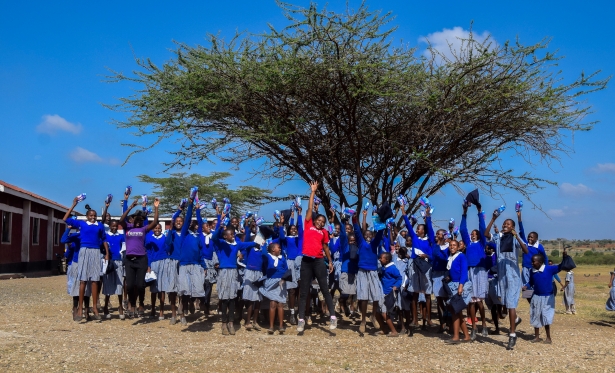Out of office: IPA Australia on accounting for change with AfID13.12.2019
Out of Office: Accounting for Change
For Theo Poullos, accountants are ‘knowledge workers’, with a duty to share that knowledge for the good of others. A member of the Institute of Public Accountants (IPA), throughout his professional career Mr Poullos has always sought responsible and meaningful volunteering opportunities.
Today, Mr Poullos is retired. But instead of enjoying the benefits of decades in public service roles, Mr Poullos is packing his bags and heading to Vietnam, where he will spend four weeks working with the Saigon Children’s Charity.
.jpg)
“It’s a charity that is helping poor and disadvantaged students get an education … My intention was to try and help a charity that is at the most grassroots level, that needs assistance,” explains Mr Poullos. “I will be acting more or less as a mentor because of my experience in the public sector and with accounting. They’ll want me to just go through all their accounts and their structure, their delegation and see whether we can make improvements.”
New beginning
Mr Poullos' volunteering is being facilitated by Accounting for International Development (AfID), founded in 2009 by Neil Jennings, a former whitecollar worker.
After leaving his role as a director at recruitment consultancy firm Robert Half International, in 2007, Mr Jennings embarked on a volunteer assignment to Rwanda where he worked as the overseas development director for a small NGO set up by the orphans and refugees of the 1994 genocide.
While in Rwanda, Mr Jennings notes that “it became obvious that whilst the staff had achieved amazing results with little resources, the survival of their activities hung desperately in the balance due to a lack of financial management experience and a faltering donor relationship”.
“Volunteers had come and gone but sadly never addressing this issue and never really contributing to the long-term development and sustainability,” he says.
After returning to the UK, Mr Jennings approached a number of volunteer organisations and found that the mismatching of volunteers’ skills was commonplace and that there was a lack of opportunities for highly skilled, employed professionals.
In September 2009, with the help of several small UK charities and five adventurous accountants, pilot assignments began in Cambodia, Tanzania and Malawi. By the end of that year, 22 charities were on board and 14 assignments had been successfully completed in six developing countries. This year, AfID celebrates its 10th anniversary. To date it has placed over 1,300 volunteer finance consultants with 500+ charities across Africa, Asia and Latin America.
According to Jessica Jackson, AfID’s marketing assistant, this equates to over 250,000 hours or £25 million of professional financial services. Today, AfID also helps charities recruit finance professionals for paid roles.
Accountants as experts
All charitable organisations, whether they be small and community-based, social enterprises or larger INGOs, need to be sustainably and consistently funded in order to survive, grow and run their operations successfully. Ms Jackson explains that for AfID, it is of crucial importance that there is always a clear and identifiable need for pro bono assistance from the charities they partner with.
This includes help with meeting donor reporting requirements, preparing for annual external audits, training financial staff and reviewing financial systems.
“Inconsistent or inaccurate accounting leads to many more problems for an organisation, so our accountants offer a crucial service in helping identify and reconcile any issues,” Ms Jackson clarifies.
“For organisations that rely on external donors, and especially restricted funding, failing to comply with reporting requirements can result in their funding being retracted or cut short.” In addition, a strong accounting system can help charities use funds more wisely by allocating costs and analysing spending.
“Particularly in the more remote areas in which we operate, it can be difficult for charities to find a qualified and experienced accountant to assist with this,” Ms Jackson notes.
“As our volunteers are there to guide and provide training, rather than take on the tasks themselves, knowledge and understanding of financial processes are transferred to staff, meaning that procedures are sustainably maintained following the AfID volunteer’s departure.”
Honing priorities
Having recognised that she could make a difference, Australian AfID volunteer Miranda Mayo spent seven weeks with Femme International in Tanzania from February 2019. Ms Mayo had worked as an accountant for nearly 15 years in both chartered accounting firms and in industry, before she started to burn out.
“I wanted to do something that used the skills I had gained over my career and also hopefully contribute to improving the lives of people less fortunate than myself,” Ms Mayo tells Public Accountant.

A simple Google search led her to AfID. She explains that there’s a lot of pressure on accountants operating in humanitarian organisations to have up-to-date finances to comply with the multitude of reporting obligations set by donors and beneficiaries.
Unfortunately, sometimes, especially in remote areas, it can be difficult for accountants to meet these duties due to circumstances outside of their control, such as power cuts, technology limitations and staff turnover.
“The way that volunteers can help is two-fold, both by helping them with keeping their financials up to date, sometimes just by completing bank reconciliations, and also providing advice on ways to complete the work as efficiently and effectively as possible,” Ms Mayo says.
“That way, they can ensure that they are being as transparent as possible and can continue to raise funds for the important work they are doing.”
The magnitude of her first AfID experience has her packing her bags again, in preparation for a new challenge.
“I would not hesitate to recommend this experience to other accountants, and I have been telling everyone I know how great it was, whether they’re accountants themselves or recruiters who I know that can spread the word,” Ms Mayo says.
“The contribution you can give to an NGO in a developing country is immeasurable, and at the same time the support AfID gives you makes the experience a lot easier than I initially thought.”
Broad appeal
According to Ms Jackson, AfID is very well received by accountants. Nearly a quarter of all of their assignments are undertaken by returning volunteers who have decided to continue their charitable work through AfID, many on an annual basis and some as many as eight times.
“Our unique support structure for pro bono finance professionals, both prior to and during placements, really helps ease volunteers into the assignment and solve any doubts, issues or concerns,” she says.
AfID offers a variety of options, with accountants able to pick the length of their assignment as well as the type of organisation they would like to get involved in and the assignment tasks.
“When a volunteer signs on to undertake a placement, we work together to build up a profile of their preferences and priorities – this helps us match the volunteer to the best possible assignment available to them,” Ms Jackson says.
In addition, they look closely at each volunteer’s experience and skill sets, making sure that the options they receive are in need of their specific expertise, whether that be in auditing, specific systems or coaching staff.
“We take all aspects of the assignment into account, matching the best volunteer with the best organisation and vice versa. Sustainability and impact are essential to our operations, and we work to find the best matches that are mutually beneficial for both parties,” says Ms Jackson.
She notes that it’s important to underscore the value received by the accountants themselves, with volunteers finding they are receiving as much as, if not more than, they are giving, particularly in regard to the softer skills.
Mr Poullos agrees. Having been involved in volunteer work since he left school, some 50 years ago, Mr Poullos says that the lessons he has learned are invaluable.
“It’s a good start for young people who are just starting out in accounting to do assignments for charities overseas,” Mr Poullos explains.
“Charities are a different kettle of fish in terms of an organisation, because when you’re volunteering you don’t have that boss and sort of employee relationship. Because everyone is volunteering … So, in actual fact, working as a volunteer gives you more people skills because you’ve got to retain people and not turn them away.”
Due to a broad list of benefits volunteering offers for the individual and the communities in question, AfID is constantly increasing its presence around the world to encourage more accountants to take on the adventurous challenge of a pro bono assignment overseas.
“We often get accountants volunteering who are interested in transitioning into the international development sector fulltime, which is a process we facilitate with as well,” Ms Jackson says.
“Overall, we offer a very personalised program that ensures sustainable and measured development for the organisations we work with and is of mutual benefit for both our volunteers and charity partners, as well as post-assignment support into what they might want to do next, whether that be further volunteer assignments or a career change into the nonprofit sector.”

Giving back
As for Mr Poullos, seeking to help those less fortunate has always been a part of who he is.
“Most of us, particularly living in Australia and a lot of the more Western countries, are really, really at a fantastic advantage and that applies particularly if you have travelled around,” he says.
“You know, we’re so much better off than most people and so I think giving back is something we should all consider doing.” Admitting that he is a little anxious ahead of his trip, Mr Poullos concludes that “it’s just a matter of getting in there and doing the best I can”.
You can read the full article in IPA Australia's Public Accountant Magazine or on their website.


